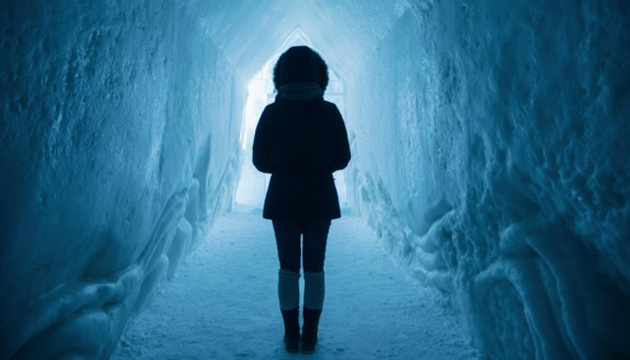Winter is here, and of course, not everyone is happy. For some, this season connotes long and dark days, icy and freezing wind, and brutal and overnight storms that somehow paralyze the brain and freeze the heart.
As a result, some of our beloved family members and close friends develop depression and loss of interest to do anything. If symptoms worsen, they also experience lack of sleep, loss of energy, poor concentration, impaired appetite, and for some, even death wishes and suicidal ideas.
How are you going to cope?
Express your emotions
Recognize that it’s here temporarily. So try to reach out and express your feelings to a confidant or to a few close friends and relatives who can relate. Cry if you feel doing so.
Accept that it’s going to be uncomfortable for a while. Although the majority of people feel better after February, some remain sad for several more weeks. Don’t feel bad if you don’t recover as fast as others. It’s not your fault. As you probably know, people have different emotional make-up and hence, have different recovery time. When the sun comes out, you will recover.
Don’t feel guilty that you’re not like other Canadians – terribly happy in the presence of snow. Remember, you have a unique genetic profile, and thus, you have a unique way of coping.
Establish networks
Communicate with your relatives as often as possible. Through phone, e-mail, chat, and Facebook, you’re just a few seconds away from your long-lost friends and acquaintances.
If possible, you may establish family reunions or gatherings to reestablish connections. And for those who can’t come, give them a surprise visit. Friends and family can make your heart grow healthier. As well, create family winter rituals and games that can help erase the depression and revive family fun.
Another effective way to establish a connection is to help others. Through volunteering, you can be a part of a thriving community of helpers and feel a sense of belonging and purpose.
Involve in physical and recreational activities
Involve in physical and recreational activities, but obtain enough rest and nutrition. Keep yourself active and stay fit. Eat a balanced meal while you maintain an average of seven hours of sleep. As you know, a healthy body keeps emotional problems at bay.
Your hobbies can keep you away from the sad days ahead so keep on doing them. As well, maintain your daily routine. Go to work, church, or social functions just like before. Do your chores as vigorously as before winter.
But personalize your coping. Do what fits you rather than what fits your next-door neighbor. Don’t ski and try to conquer a 10-kilometre ungroomed trail if you haven’t done so for years. Also, be involved in some winter sports. Learn hockey, watch curling, try triple-toe loop, enjoy ice fishing, and explore the country with your cross-country skis.
Put winter into perspective
Winter is here, but it doesn’t last forever. Just like anything, it comes and goes. Sometimes, it comes with a smile, a warm hug, and a hot chocolate. Occasionally, it arrives with a nasty look and inflicts headache, depression, and damage everywhere.
However, winter is not always a curse. In fact, if you look deeper and closer, you will realize that in every snow that blankets the earth, there lies the hidden crystals of blessings that are ready to unfold.
Without snow, there’s no white Christmas, no mother and her children covered in a soft and comfy blanket. Without Winter, there’s no whiteness that covers our land. Indeed, Winter and snow have their inherent magic.It’s important to appreciate what it offers.
If none of the above strategies help, then it’s crucial to see a health care professional who is licensed to provide therapy and medication.


